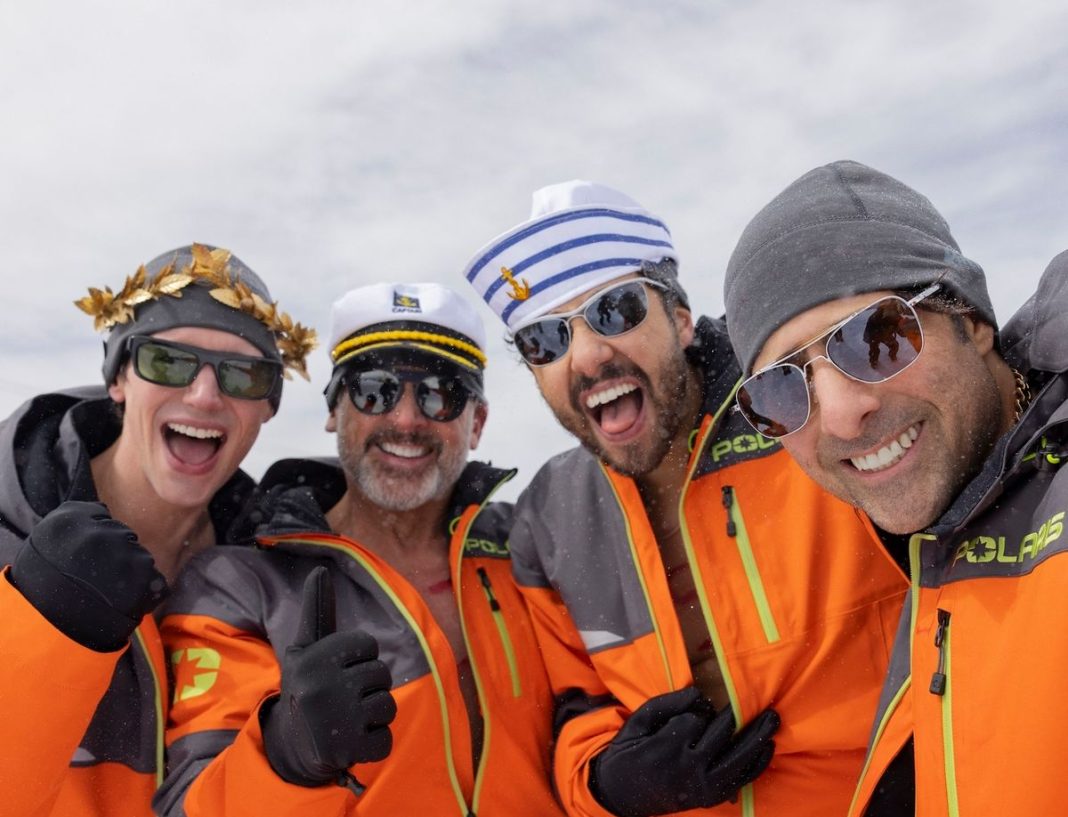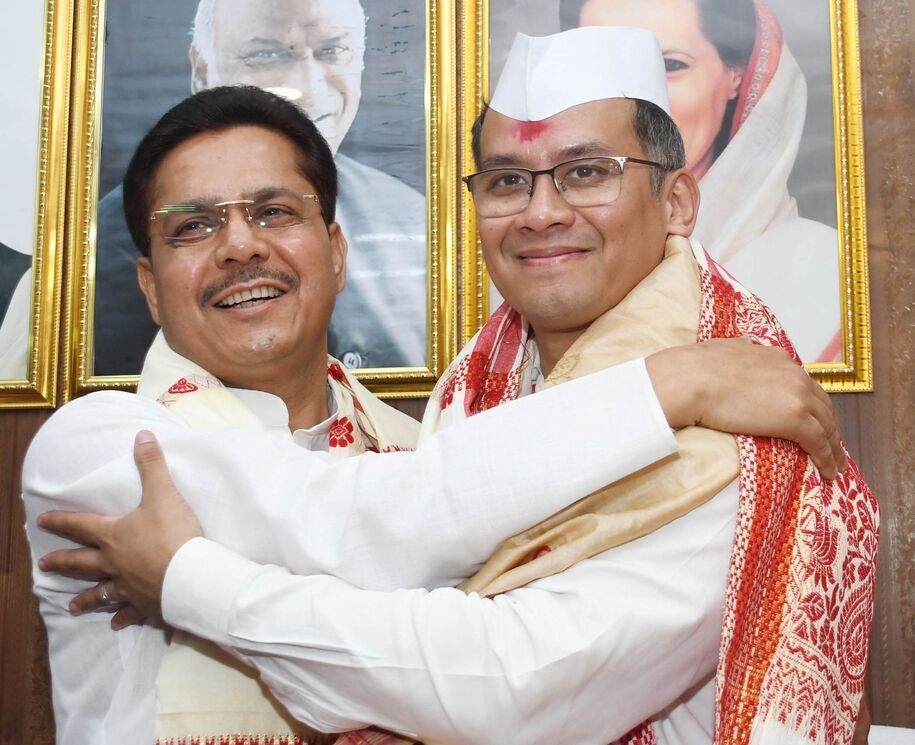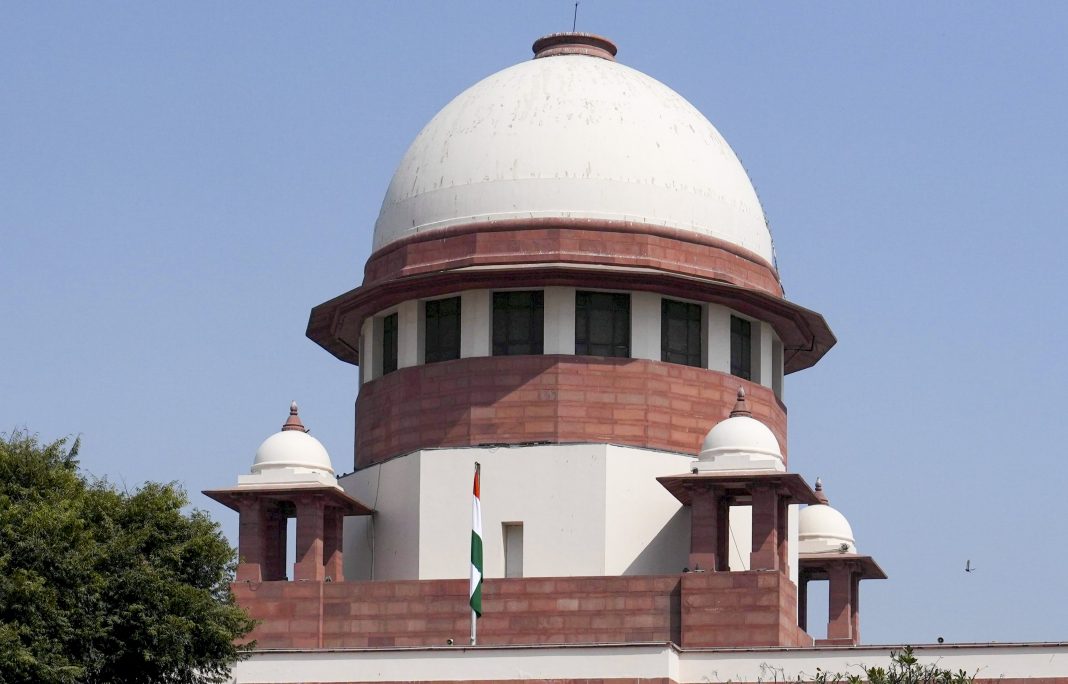
New Delhi, Jun 3: “Succession” creator Jesse Armstrong says his film “Mountainhead”, much like his critically-acclaimed HBO show about media mogul Logan Roy, is an exploration of power and how a group of people control the quality and quantity of information that goes out in the world.

In his directorial debut, currently streaming on JioHotstar, the multiple Emmy and Golden Globe-winner Armstrong once again trains his lens on the ultra rich.
In the movie, four tech billionaires come together for a weekend retreat as a global crisis unfolds thanks to the deep-fake videos of a social media app owned by one of them. The real world filters through videos and images on their screens, but they are more concerned about their net worth and how the crisis can help multiply it.
Asked why he is so focused on exploring the lives of the rich in his stories, Armstrong said it may be because he thinks a lot about “income distribution and how very unbalanced it is”.
“A writer doesn’t always know why they choose the subjects they do or why they’re drawn to certain areas. Maybe I’m more angry than I know (about the rich-poor divide), but I think I’m writing about power,” Armstrong responded to a question posed by PTI during an international media roundtable.
“In ‘Succession’, he said, it was the power of Logan Roy’s family and their control over the media.
“In this story (‘Mountainhead’), it’s not that they’re rich guys — although it’s important that they are rich guys and are constantly ranking themselves and thinking about their wealth — but it’s their power that’s the centre of the story. It’s their ability to change how most of the people in the world receive information and the quality and quantity of information that they’re receiving.”
In “Mountainhead”, the eldest of the group is Randall (Steve Carell), he is also the group’s leader. Jeff (Ramy Youssef) is the founder of an AI tech company that’s on the upswing thanks to crisis created by Venis’ (Cory Michael Smith) social media app and Hugo (Jason Schwartzman) is the owner of the mountain top villa whose name is a play on Ayn Rand’s novel “Fountainhead”.
For much of the movie’s duration, they remain in the mansion. And when they go out, they write their net worths on their chests during a hike in what seems to be among the many absurd rituals the four have for their poker weekend.
Armstrong, 54, said he did not want his first movie to be “too expensive”, which is why he thought of the story “much like a chamber piece” where everyone is locked in a house.
“I like that feeling of pressure cooker… But I also knew that we are on TV and most TV now is big screens in people’s homes. So, I needed some sense of scope and to let some air in. I normally don’t do this, but it was kind of back engineered like why do these guys go out? Maybe they have a ritual during their poker weekends where they do this ranking.”
Armstrong, also known for “Downhill”, “Peep Show”, and “In the Loop”, said he did not have any particular actors in mind while writing the movie, but he knew that “Office” star Carell would be brilliant as Randall.
On a question about what went through his mind when he saw tech CEOs at president Donald Trump’s inauguration and Elon Musk’s involvement with DOGE, Armstrong said “it didn’t feel good as a human being watching that stuff”.
“…but it did feel like, ‘Yeah, this was the bubble of time that I was trying to write about and how I thought it feels in the world’… You get these weird coincidences of real stuff in the real world. And it feels spooky when it’s very close.
“…The tech billionaires in my film are actually outside government, so it wasn’t like DOGE was part of the film, but certainly that interconnectedness between political power and tech power at the moment did feel like ‘Okay, the film is still writing about this world, which is happening in front of our face’.”
Armstrong said during his research, he started listening to podcasts of “some of these tech world figures talking to each other” and was struck by their tone.

“Sometimes you could feel the level of confidence tipping into a certain haughty arrogance. And that is a very rich vein for a comedy writer to hit. So I think it was that tone of voice, which I was attracted to.” (PTI)





